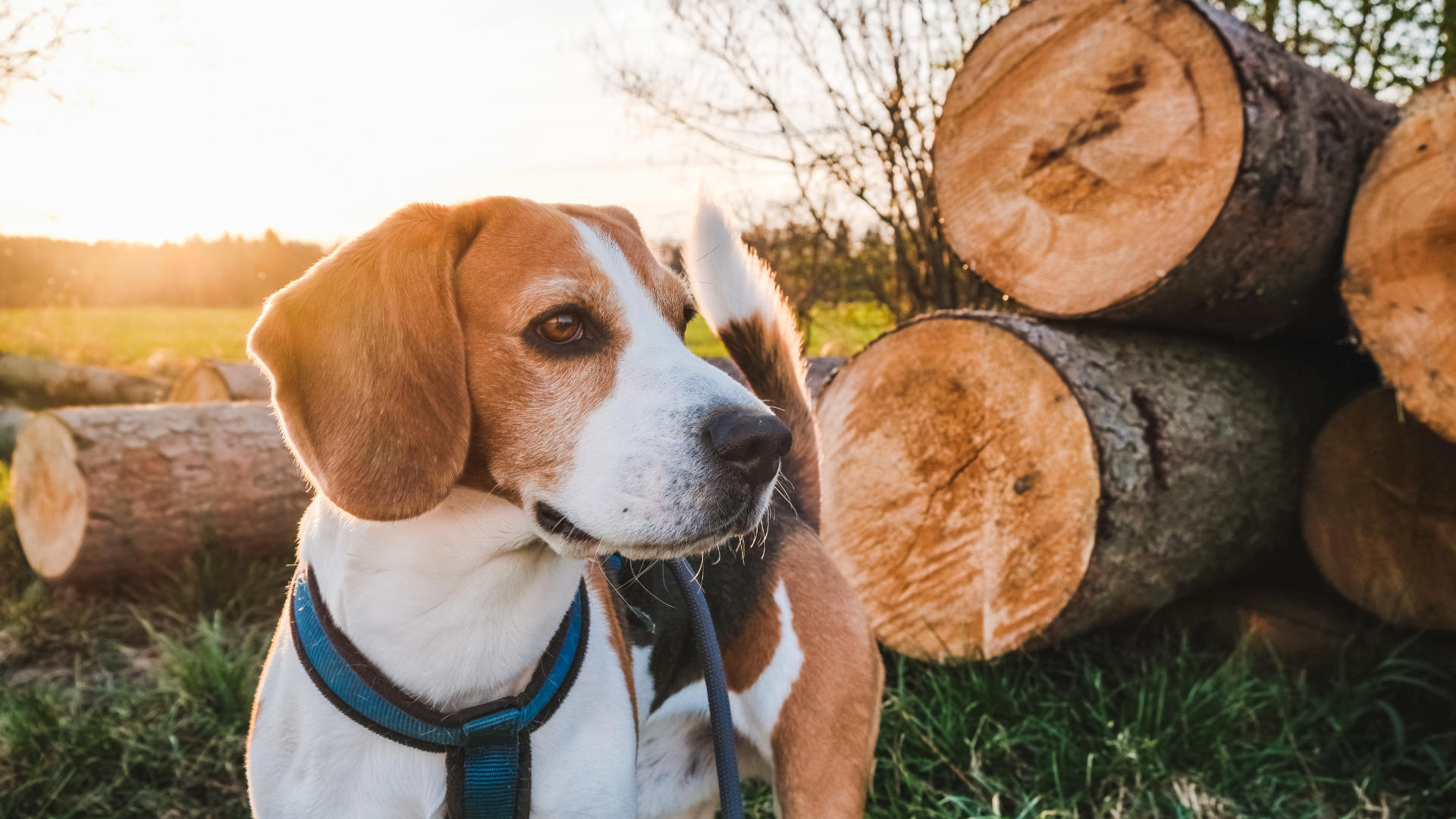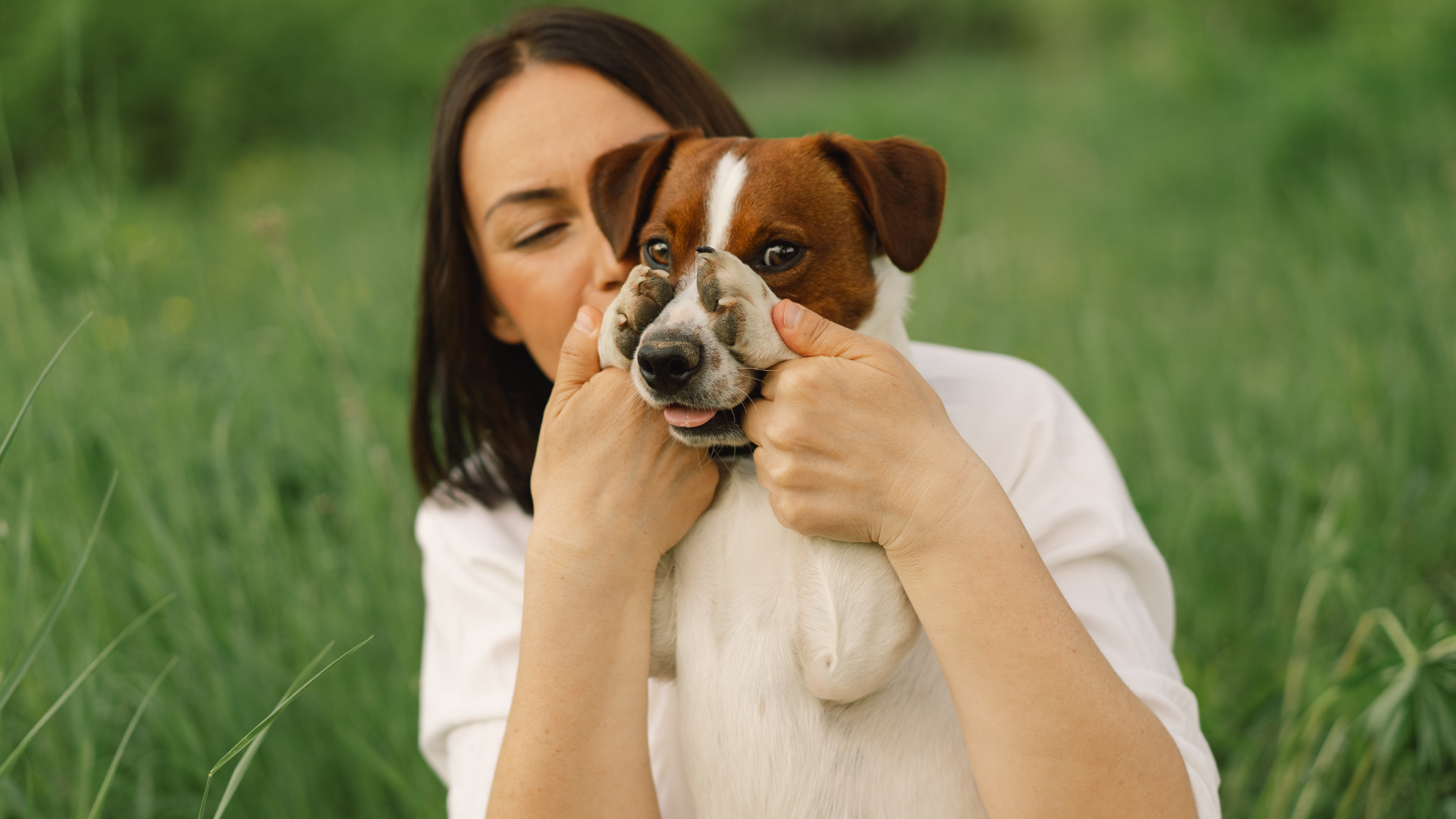Owning a dog brings immense joy and companionship, but it also comes with responsibilities, including the need to be environmentally conscious. Eco-friendly tips for dog owners can help reduce the environmental impact of pet ownership. Simple changes, like using sustainably produced grooming products and natural fiber toys, can make a significant difference.

Many dog owners overlook the impact of conventional pet supplies. Opting for products made from cotton, hemp, or wool over synthetic materials contributes to sustainability. Composting animal waste, though challenging depending on your living situation, provides another green alternative for responsible pet care.
Being an eco-friendly dog owner also means considering the broader implications of your choices. Spaying and neutering your pets can help reduce overpopulation and its environmental burden. For a comprehensive guide on sustainable pet ownership, there are many helpful resources available. Embracing these eco-friendly habits will not only benefit the planet but also enhance the well-being of our furry friends.
Choosing Sustainable Dog Products
When aiming for sustainable pet ownership, selecting eco-friendly dog products can significantly reduce your environmental footprint. It includes opting for items made from recyclable or biodegradable materials and avoiding harmful chemicals.
Eco-Friendly Toys and Accessories
Choosing eco-friendly dog toys and accessories means looking for items made from recycled or sustainable materials. Natural rubber and hemp are excellent choices for durable dog toys that are safe for your pet and friendly to the environment. Dog owners should also consider recycled materials for toys, collars, and leashes.
Products made from natural fibers like cotton or wool can be less harmful and more biodegradable than synthetic alternatives. For example, harnesses, leashes, or dog beds made from recycled plastics or sustainable resources help minimize waste. Opting for biodegradable waste bags for dog waste also contributes to a cleaner planet by breaking down easily after disposal.
Natural Grooming Products
Opting for natural grooming products can protect your pet from harmful chemicals commonly found in conventional items. Non-toxic grooming products like natural dog shampoos made from plant-based ingredients are gentler on your dog's skin and fur. Look for shampoos and conditioners free from sulfates, parabens, and artificial fragrances.
Natural oils like coconut oil can be used to moisturize your dog's skin and coat. For dental care, a simple baking soda and water solution can be effective. Additionally, using a vinegar and water solution for cleaning ears reduces exposure to harsh chemicals.
Products like bamboo grooming brushes are not only durable but also more sustainable due to bamboo's rapid growth rate and minimal environmental impact. For flea and tick prevention, consider using natural repellents made from essential oils instead of chemical-based treatments.

Responsible Pet Feeding Practices
Feeding practices for dogs can impact both their health and the environment. Choosing sustainable dog food options and incorporating homemade treats are effective ways to support a sustainable lifestyle while ensuring nutritional needs are met.
Selecting Sustainable Dog Food
Selecting sustainable dog food involves choosing products that have a minimal environmental impact. Opt for dog foods that use organic ingredients and avoid those that contain unnecessary fillers. Reading labels carefully can help identify eco-friendly brands.
Vegetarian or vegan dog foods are available, but it's crucial to consult a nutritionist before transitioning, as dogs are omnivores and require balanced diets. Bulk purchasing can reduce packaging waste, while brands that use recyclable or compostable packaging contribute to sustainability efforts.
Incorporating organ meats into your dog’s diet can be both sustainable and nutritious, as these parts are often unused in human food production. Proper portion control is also essential to avoid overfeeding, which can lead to obesity and food waste.

Homemade Dog Treats and Nutrition
Making homemade dog treats allows for control over ingredients, ensuring they are healthy and sustainable. Use simple ingredients like oats, pumpkin, and peanut butter for nutritious and eco-friendly treats.
Avoid food waste by incorporating leftover vegetables or meat into dog treats. Consulting a veterinarian or animal nutritionist can help ensure that homemade treats and meals meet all of your dog’s nutritional needs.
Creating treats in bulk and storing them properly can reduce the frequency of manufacturing and packaging waste. By preparing treats at home, dog owners can avoid artificial additives and preservatives often found in commercial treats, promoting a healthier lifestyle for their pets.
Reducing Pet Waste and Carbon Pawprint
Dog owners can take several steps to reduce pet waste effectively and minimize their carbon pawprint. Key measures include proper disposal of dog waste and engaging in DIY composting and recycling.
Proper Disposal of Dog Waste
Proper disposal of dog waste plays a significant role in environmental responsibility. Using biodegradable or compostable bags for dog waste collection helps in reducing plastic waste. It is also crucial to properly dispose of these bags to prevent them from ending up in landfills, where they contribute to methane emissions.
Pet owners should avoid regular plastic bags, which do not decompose and add to environmental pollution. Instead, using eco-friendly alternatives and disposing of them properly in dedicated waste bins can make a substantial impact. Some parks and communities provide bins specifically for dog waste, making it easier for owners to dispose of waste responsibly.
Additionally, pet waste should not be left on the ground as it can wash into waterways, causing contamination. By making simple changes to disposal habits, owners can significantly reduce their dog's impact on the environment.
DIY Composting and Recycling
Engaging in DIY composting is another effective way to manage dog waste sustainably. Home composting systems designed for pet waste allow owners to turn waste into compost, which can then be used in non-edible plant areas. This not only reduces landfill usage but also curtails methane production.
Setting up a dedicated pet waste composting system involves a few key materials, including a compost bin, carbon-rich materials like leaves, and necessary enzymes to break down the waste. Regular turning and maintenance are required to ensure efficient decomposition.
Recycling other pet-related items also contributes to reducing your pet's carbon pawprint. Items like old toys, bedding, and feeding bowls can often be recycled or repurposed. Opting for durable, long-lasting products decreases the frequency of replacements, thus minimizing waste generation.
By adopting these practices, pet owners can significantly contribute to environmental sustainability while managing their pet’s waste efficiently.

Living an Eco-Friendly Lifestyle with Your Dog
Adopting eco-friendly practices for your dog involves making mindful choices about outdoor activities and outfitting your home with sustainable materials. These approaches minimize your dog’s environmental impact while keeping them healthy and happy.
Outings and Exercise
When going on walks, use biodegradable poop bags instead of plastic ones. This small change drastically reduces the waste that ends up in landfills. Opt for durable leashes made from sustainable materials like hemp or recycled plastic.
During outdoor play, choose toys made from natural rubber or recycled materials. These options are more environmentally friendly than conventional plastic toys and are often safer for your dog to chew on.
If your dog enjoys long walks or hikes, consider stainless steel or bamboo water containers. They are durable and reduce the need for single-use plastics. Using these alternatives fosters a more sustainable routine for you and your pet.
Creating an Environmentally Friendly Home
Selecting sustainable materials for your dog’s bedding and accessories can make a significant impact. Dog beds made from organic cotton, hemp, or recycled plastic are eco-friendly choices. These beds are often just as comfortable and durable as their non-sustainable counterparts.
Upgrade your dog’s eating area with stainless steel or bamboo bowls. These materials are long-lasting and reduce the need for frequent replacements, thereby lowering waste. Avoid plastic bowls as they can leach chemicals over time.
Incorporate reclaimed wood or bamboo furniture for your dog’s crates and play areas. These materials are not only sustainable but also add a natural aesthetic to your home. Recycled plastic or natural fiber blankets provide warmth without compromising on environmental responsibility. By focusing on these sustainable choices, your home can become a more eco-friendly space for your dog.
Environmental Impact and Health Awareness
Reducing your dog's environmental impact and focusing on their health through eco-friendly practices can contribute to a healthier planet and a healthier pet. This involves considering carbon footprints, using non-toxic products, and choosing sustainable pet foods.
Understanding Your Dog's Environmental Impact
Pet dogs contribute to environmental impacts through waste, food consumption, and product use. Their carbon footprint, often referred to as a "carbon pawprint," can be minimized by choosing sustainable products and practices. For instance, using biodegradable dog waste bags helps reduce plastic pollution.
Feeding dogs with pet foods containing plant-based ingredients such as pumpkin and apples can decrease the demand for meat, which has a higher carbon footprint. Opting for natural fibers like cotton for toys and beds rather than synthetic materials also reduces environmental harm.
Cleaning products and grooming items for pets often contain harmful chemicals like phthalates. Selecting non-toxic grooming products minimizes the release of harmful residues into water systems. Flea and tick treatments should be eco-friendly to avoid adverse effects on soil and water.
Health Benefits of Eco-Friendly Pet Care
Eco-friendly pet care practices not only protect the environment but also enhance the health of dogs and their owners. Using non-toxic grooming products reduces exposure to harmful chemicals, which can cause skin irritations and allergies in both pets and humans.
Natural and plant-based pet foods can improve a dog's overall health by providing nutrients without the negative effects of additives and preservatives. Proper flea and tick treatments prevent infestations of pathogens, bacteria, and viruses, safeguarding the pet's and owner's well-being.
Eco-friendly practices such as adopting pets from animal shelters instead of purchasing from breeders also lessen the environmental impact and help reduce the number of homeless animals.

Frequently Asked Questions
This section provides clear, concise answers to common inquiries about making dog ownership more eco-friendly. You will find practical tips and sustainable options that can help reduce the environmental impact of caring for your dog.
- How can I reduce my dog's carbon pawprint at home?
- Adopt eco-friendly practices such as using biodegradable waste bags and investing in energy-efficient pet grooming tools. Choose products made from sustainable materials and minimize plastic usage by opting for reusable accessories.
- What are the best sustainable dog food options available?
- Look for dog foods made with organic ingredients or sustainably sourced proteins. Brands that emphasize environmentally friendly packaging can also help reduce waste. Dehydrated or freeze-dried foods are great alternatives that often use less energy in production and transportation.
- In what way can dog toys and accessories be eco-friendly?
- Dog toys made from natural fibers like cotton, hemp, and wool are better for the environment. For durable items like harnesses and leashes, consider those made from recycled materials. This reduces waste and uses resources responsibly.
- How to manage dog waste in an environmentally responsible manner?
- Use biodegradable waste bags instead of plastic ones. Composting dog waste, where safe and legal, can also be a viable option. Dispose of waste in designated bins to minimize environmental contamination and to help keep public areas clean.
- What are the safest eco-friendly cleaning products for dog owners to use?
- Select cleaning products made from natural, plant-based ingredients to avoid harmful chemicals. Brands offering eco-friendly labels and certifications ensure that their products are both effective and safe for pets and the environment.
- How can adopting a dog support wildlife conservation efforts?
- Adopting dogs from shelters reduces the demand for breeding operations, which can encroach upon wildlife habitats. Shelters often work with conservation groups, so supporting them can indirectly contribute to protecting wildlife and their natural environments.




